on forgiveness
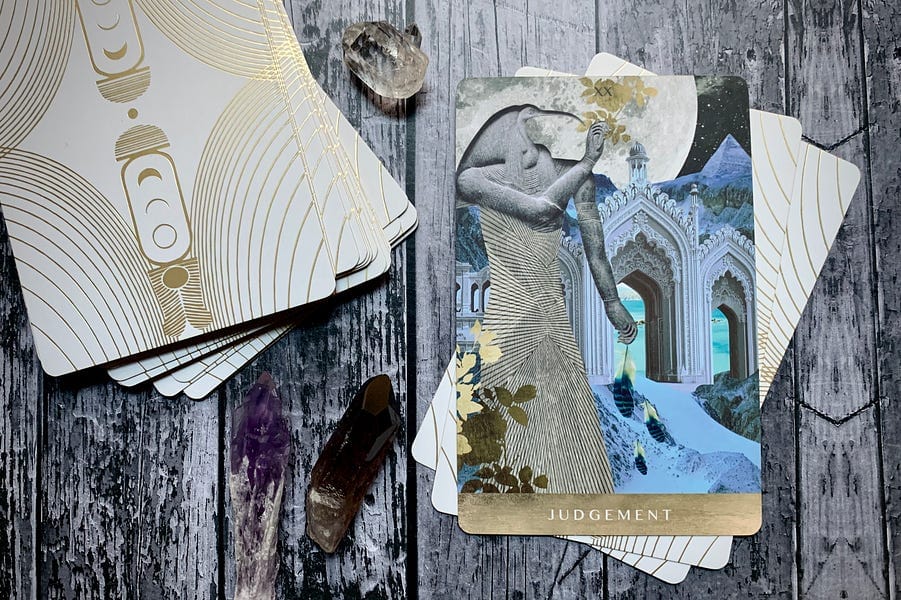
hello, dear friends. as this impossible year approaches its conclusion, as we reflect on all that we have endured and begin to look forward with hope, i’ve been thinking about where i sat twelve months ago. last year i had no idea what 2020 would bring for me, that it would see me going through life-changing transformations alongside a global pandemic, a national uprising, a fascist administration. this year has felt more like a decade, and as much as i would love to reflect on all of the things we’ve been through, i’m too overwhelmed by the prospect to even begin. how will we talk about this year in the future? what has started in these long months that will reveal itself down the line? how have these struggles changed us? what will we carry forward into the new year?
as usual, i don’t know. i can’t see the future, can only sit in the present with a mind for the past, wondering which threads are being woven together in this particular moment. but for all that i don’t know, a few things have become increasingly clear: that i and so many i know are strong, resourceful, powerful. that in spite of impossible odds, good things can still happen. that transformation is real, lasting, and can spark both evolution and revolution. that with clarity comes responsibility. that magic doesn’t disappear, even in the moments when we can’t find it.
big breaths in and out today, friends. we’re going deep.
on forgiveness
in the evangelical tradition that i was raised within, forgiveness is often seen as a gift given from one to another. god forgives us by grace; we forgive each other by following that example; christ clears the way for ongoing and eternal forgiveness by sacrifice. but i would argue that something my church in particular (and perhaps the larger church in general) doesn’t talk nearly enough about is the most powerful, the most important, the most transformative kind of forgiveness: the ways that we forgive ourselves. in certain kinds of religious institutions, forgiveness is always and only granted through god, something that we are not capable of without assistance. it’s taught that we are not gracious enough, evolved enough, generous enough, to forgive on our own.
sin, remorse, and repentance were essential tenets at the church i grew up in, central to the faith i claimed in my younger years. it was important that we recognized the full significance of our failures, that we beg and plead god for forgiveness, to cleanse and purify us from the darkness that lived within. but the idea of forgiving ourselves for those errors never seemed to hold the same weight - only god could truly save us, could fully release us from that pain, and if we experienced that kind of grace, we were lucky. but whether you were raised in a church like that or not, the idea that we must hold the full weight of everything that we have ever done wrong is a pervasive one, a concept that is hard to abandon or release.
but. the sticky, messy truth is that we don’t have to believe that, don’t have to operate that way, don’t have to shackle ourselves to that particular system. we have the freedom to walk our own path, to make our own way. and when we allow ourselves to wield that kind of power, when we decide to claim that particular magic for ourselves, endless new possibilities begin to be revealed.
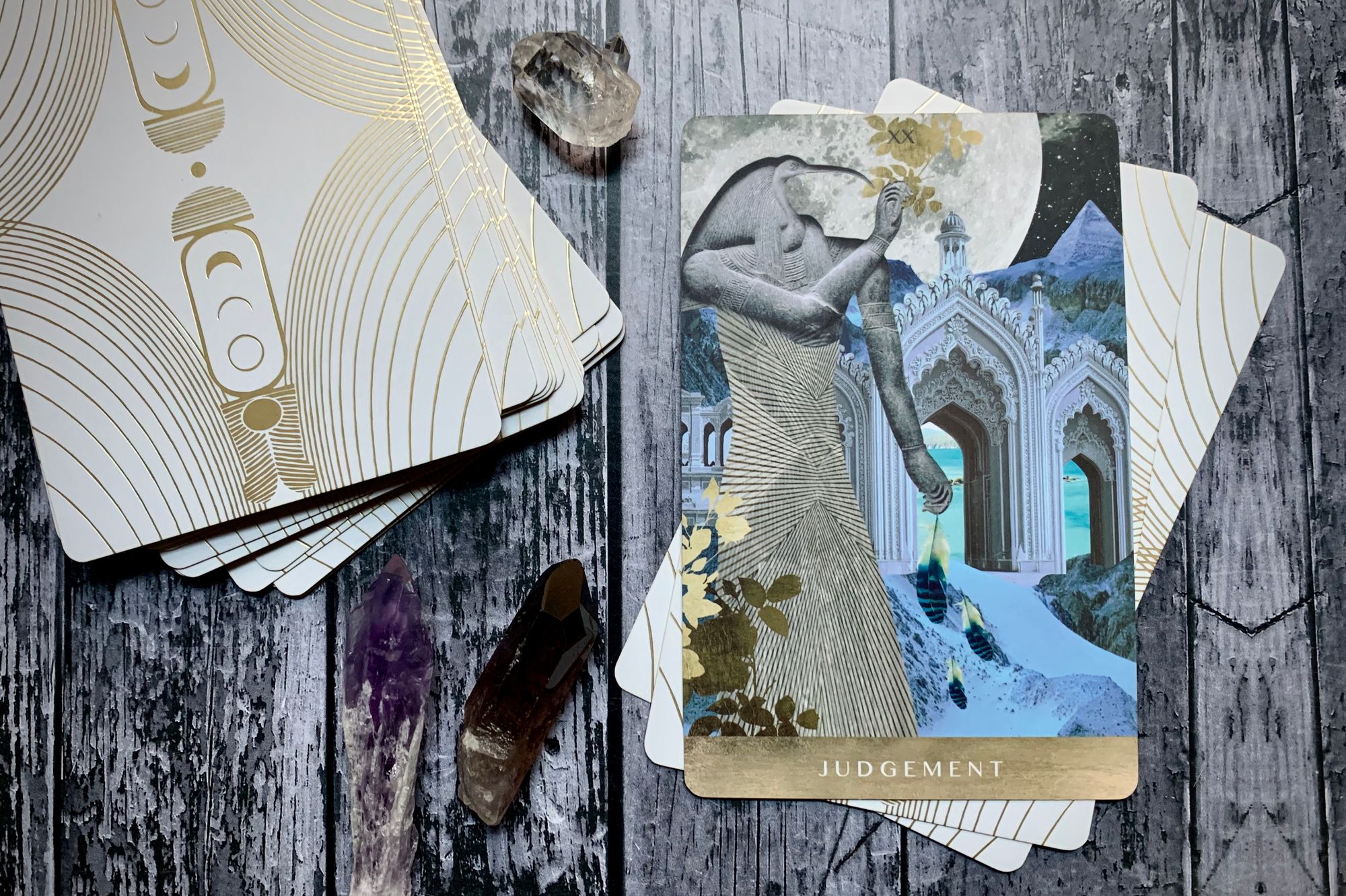
what does it mean to forgive ourselves, to release old wounds or hurts, to show ourselves grace and compassion? what does it feel like, taste like? how does it change us? in the major arcana, the fool’s journey of growth and self-discovery takes them through endless challenges and shifts, forcing them to confront their ideas on creation, structure, justice, freedom, power, control, wisdom, triumph, and loss. yet the second to last card in the cycle, judgement, asks the fool to look at all they’ve endured in another way, through a different lens. rather than absorbing wisdom from a figure or archetype, rather than letting circumstances impact decisions, judgement forces the fool to follow their instincts, to surrender to what they know to be true. when judgement arrives, there is no one there to help us but ourselves.
this archetype can be a difficult one, because while it may feel like a passive moment, a time of reflection like the high priestess or the hanged one, instead it leaves the movement up to us. where the tower crumbles without our consent, death comes with its inevitable grief, the wheel of fortune turns and turns, judgement asks us what is left to do, to acknowledge, to release. what are we still carrying, that we have been holding since the first moment of our journey? what have we allowed to take up space, absorbed into ourselves, taken ownership of?
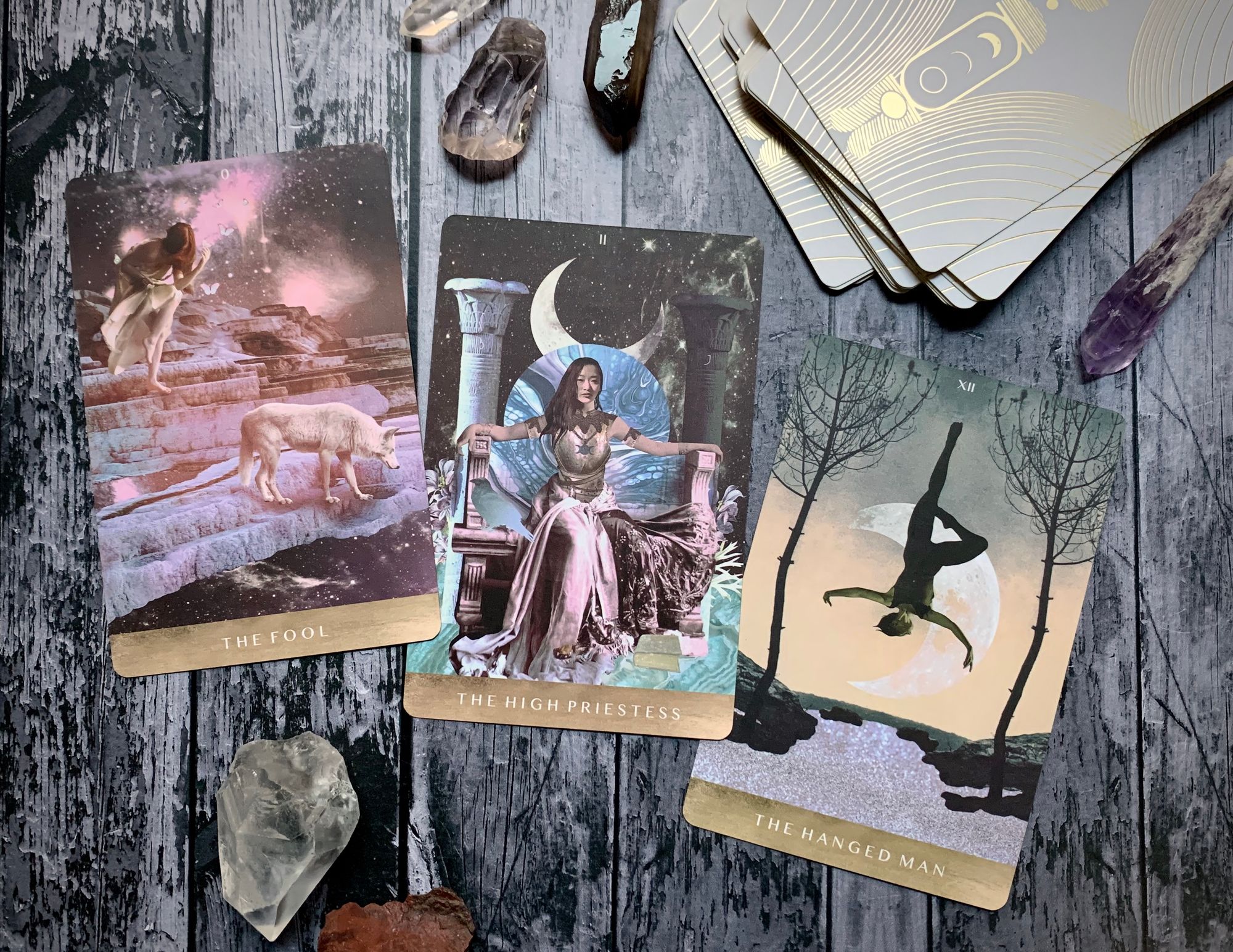
it can be easy to internalize pain or guilt, anger or fear, frustration or uncertainty. instead of seeing these emotions as something that we are choosing to sustain, we make them a part of ourselves, accept them as inevitable, take them on as an eternal burden. some of us even take a kind of pride in intense suffering, wearing it as a badge of honor, a mark of all we have been through. we say that this particular challenge has made us stronger, that we have fully moved on past that pain - yet we continue to rip open the wounds, secretly refusing to let those scars fully heal.
judgement is an awakening, an acknowledgement. it demands that we look at ourselves clearly, that we see ourselves for exactly who we are, that we consider what we want to carry forward into our next stage of evolution. why are you hanging on to that self-doubt, that internal hatred, that toxic pattern? when so many other things have shifted, how are those old broken pieces that you’re still clinging to impacting or limiting your growth? why do you feel you can’t let go? why is it so important to keep punishing yourself?
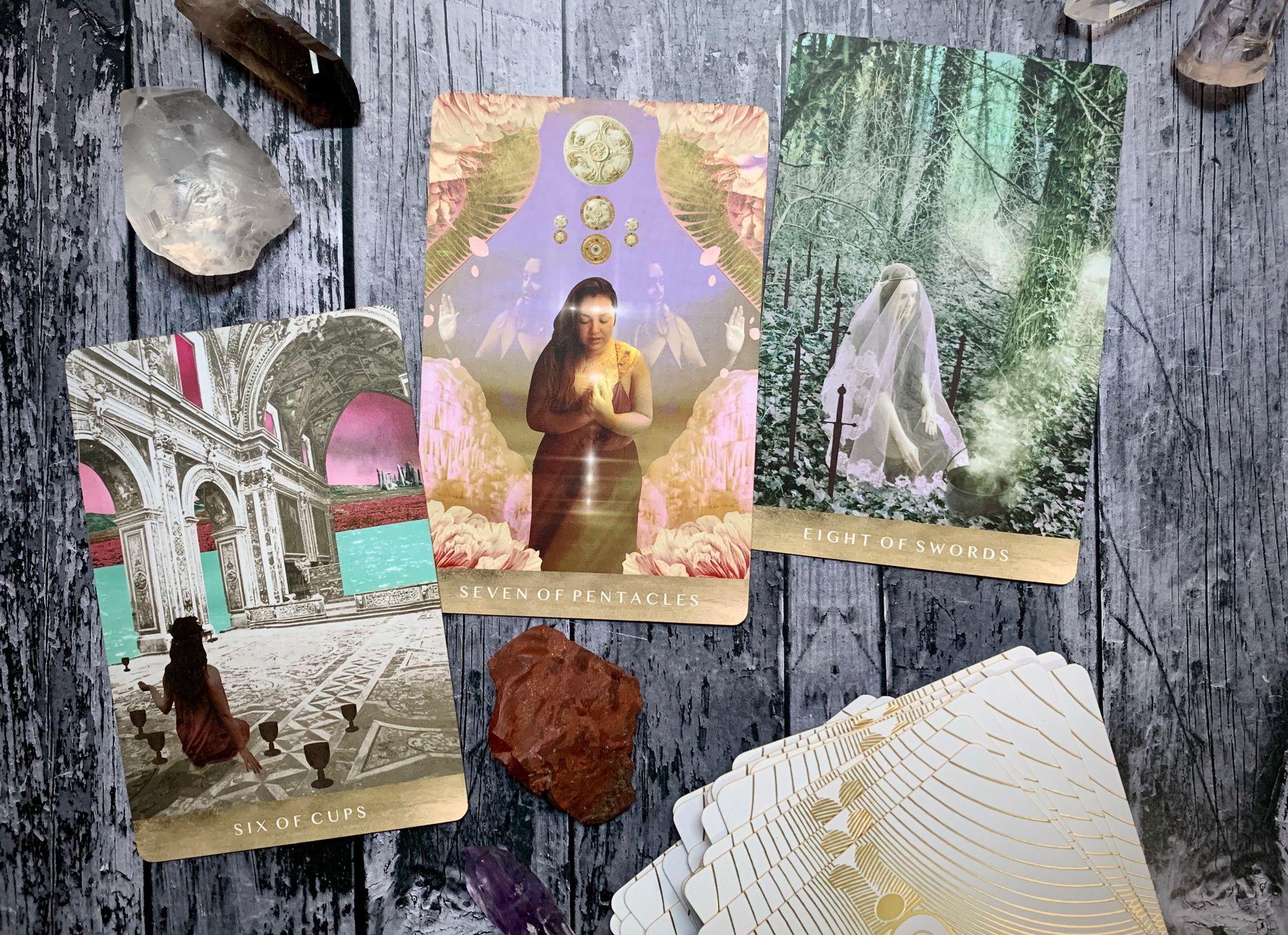
i’ve written before about the not-always-useful framework of releasing something that is no longer serving us, and how this concept can allow us to bypass the real internal work that is required. but in this case, with judgement, it’s an essential thing to unpack: how is this guilt, this shame, this fear, this anger, actually serving you? do you believe that it is empowering you, making you stronger? how might it be limiting what you perceive as options and opportunities? are you carrying this weight because you think you have to? what would it look like to let it go, to leave it behind, to take steps forward without that particular burden? how would it liberate you, open up new choices? don’t you believe that you deserve joy, comfort, freedom? don’t you want to move on?
forgiving the self is not an easy thing. even when we are capable of extending empathy and generosity to others, even when we can clearly see that someone is being too hard on themselves, it can feel impossible to turn that grace back on ourselves, or to accept it. many of us tend to hold ourselves to impossible standards, ones we would never impose on anyone else. yet learning to break that cycle, a lesson that can take a lifetime, opens us up to so many new possibilities. it can change everything.
this isn’t work that anyone else can do for you. only you fully know what you’re still holding on to, what you’re afraid to let go of - and acknowledging those truths can be scary, painful, overwhelming. yet by beginning this process of recognition, by opening yourself up to this potential shift, by being brave enough to forgive yourself, you make space for beautiful, world-altering magic - the kind that those in power don’t want us to claim. what could it feel like to show yourself this type of love? where can you offer yourself kindness, give yourself permission to move forward? how does forgiveness lead to healing? what kind of evolution might be possible on the other side of this? and are you able to love yourself enough to release the things that are hurting you?
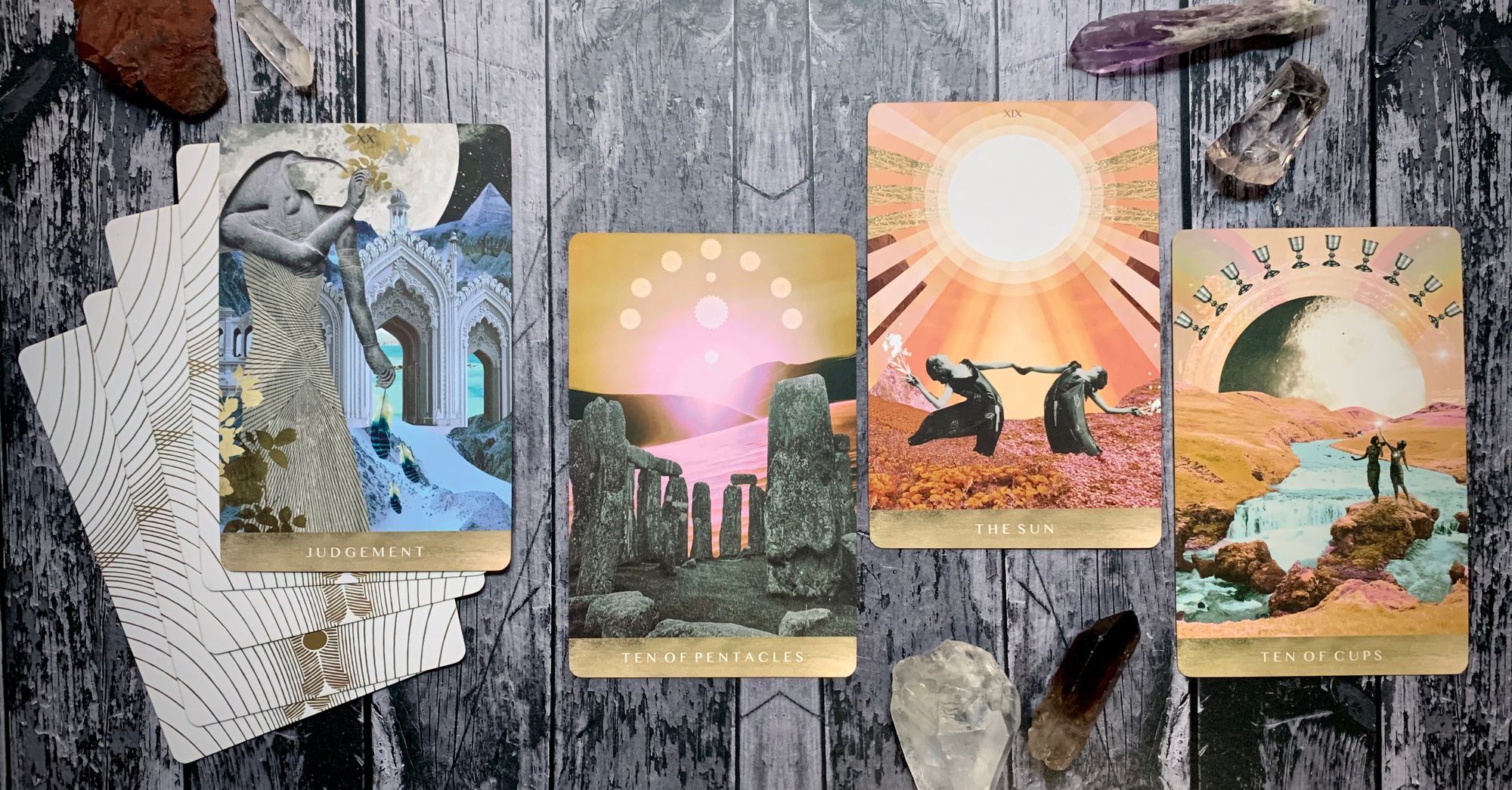
wishing you a safe, magical, and restorative december, friends.
images from this post feature cards from the moonchild tarot. all photographs by meg jones wall.


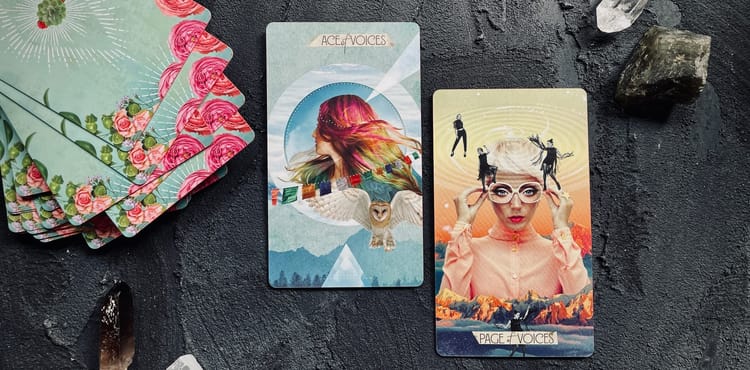

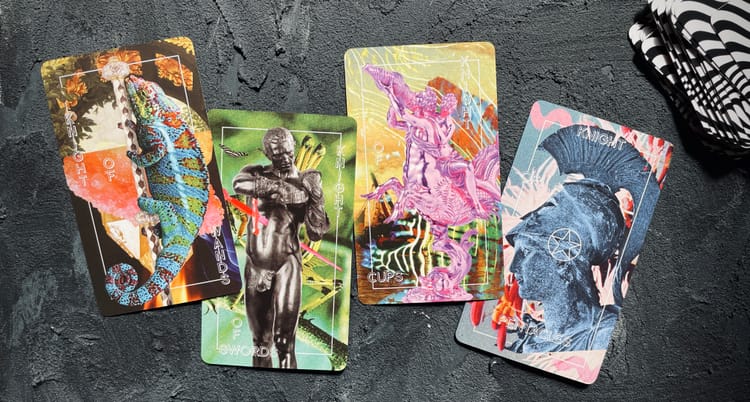
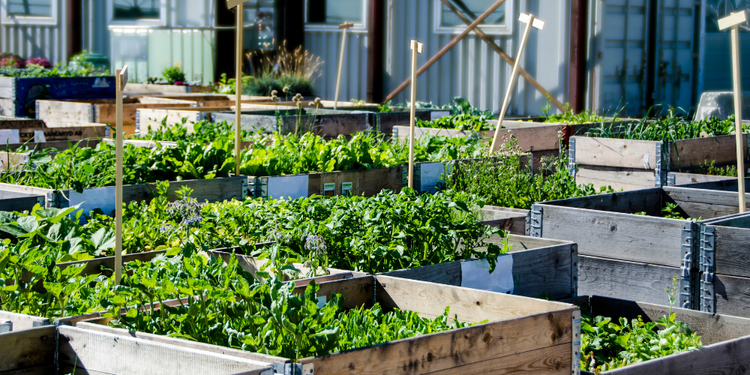
Member discussion